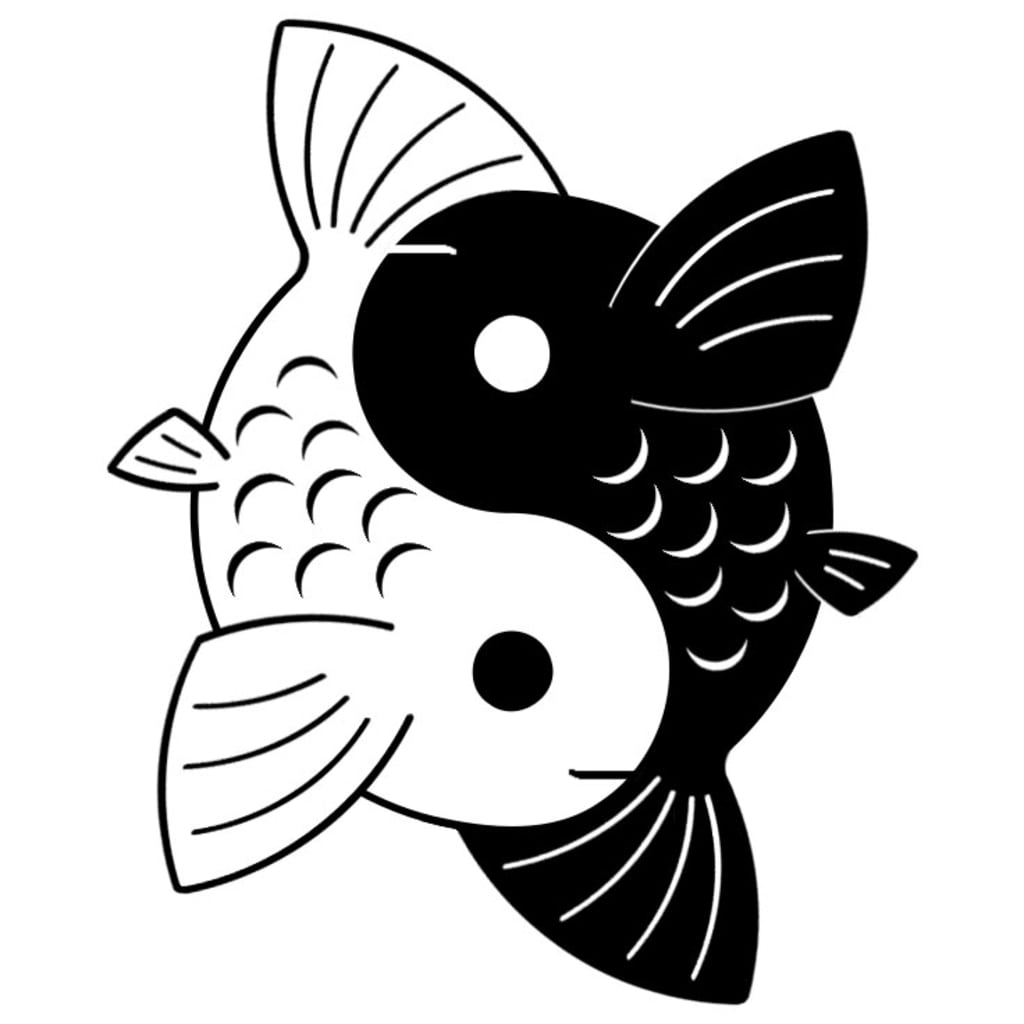I'm Miserable, So Why Can't I Leave?
Co-Dependency and Narcissistic Personalities: The Endless Cycle

I believe it is safe to say that most of us have been there ourselves, or someone we knew very well has been there. Regarding relationships, no matter what age or demographic, there is a re-occurring theme that people will stay together when they are nowhere near happy.
Why is that?
One important thing to keep in mind is that people are very complex. There can be many reasons as to why people will panic at the thought of losing someone who often causes them pain or mental distress.
However, the link is very often co-dependent and narcissistic personalities. These are ailments that certainly can occur alone or in combination in just one person. The ultimate toxic levels are reached when you have two people together exerting these traits onto the other. From this combination, a perfect storm is created.
It is crucial to understand both co-dependency and narcissistic personalities by understanding what they share and what makes them different. Let's break down the differences between the two, shall we?
Co-dependent Personality:
To start, co-dependency is an emotional and behavioral disorder that is nearly always a learned behavior. This means that the co-dependent may have all the best intentions for their friends and family. However, if the co-dependent is raised in a dysfunctional home, they often learn this behavior simply in seeing it happen. There are many ways to qualify a dysfunctional family, but the most common basis would be family member/members with substance addiction, verbal, physical, or sexual abuse/misconduct in the family, or members with chronic mental illness. Whoa, that means that a lot of normal families might not be so normal after all.
So now that we have framed what creates a co-dependent personality, what does it actually look like?
Co-dependency is often having one's own issues with addiction and misconduct. More often, co-dependency is making excuses for those around them who are performing some form of destructive behavior. This includes behaviors that can often be well hidden, and the co-dependent person will cover for said person or help to keep their secrets. The co-dependent will do this out of love and wanting to protect this person, and also as a compulsion to cover for them.
So what does this mean for relationships?
If the person has a co-dependent personality, they can range anywhere from being considered an enabler all the way to allowing the other person's destruction to consume them. In normal circumstances, the person would recognize red flags in their behavior and distance themselves from that person, but in the co-dependent, that does not matter. They feel so deeply connected to the person that they will come up with any reason they can think of to justify continuing the relationship.
Essentially, the co-dependent is as such due to feeling they cannot maintain their own personality without the other person. Their fear over this will drive their co-dependent behavior. This is a dangerous seed that should not be watered if it can be avoided.
When it comes to narcissistic personality, it is a whole different ballpark. Something to keep in mind is that in American culture, there is an inherent and increased sense of narcissism as is, despite mental wellness, in normal culture. This can be reflected all the way from our advertisements to the selfies we post on social media.
Narcissistic Personality:
A straight to the point and brief description of the narcissistic personality is simply that the person has an inflated sense of ego. As mentioned, American culture already encourages and rewards narcissistic behaviors. However, when it comes to relationships, the narcissistic personality can take their delusions to a new level, one at which can easily affect the people around them. Often, a true narcissistic personality will use the relationship they are in to manipulate and control the other person into thinking that they cannot be replaced by someone else, and that they are lucky to be with them.
Essentially, the narcissistic personality genuinely believes that they are more intelligent or attractive, and will use it as an excuse (even in their own minds) that is makes everything they are doing okay.
This behavior can start out mild and usually increases in intensity over time. In relationships, there is the possibility that the narcissistic personality will take it so far as to completely control their partner's life by using a roller coaster of emotions and manipulation tactics. Allow me to paint a vivid picture.
(TRIGGER WARNING: RELATIONSHIP ABUSE)
Do not scroll down if you will be made uncomfortable by language surrounding and regarding relationship abuse.
Imagine a young couple lives together. The man of the relationship comes home extremely drunk. He screams at the woman he lives with, and it escalates to throwing objects, and eventually to shaking and hitting her. She is nearly screaming she is crying so hard, she does not know what to do. She eventually falls asleep after hours of mental anguish. The next day, the man runs her a hot bath and goes to the store to get her favorite flowers. He cries and tells her he is sorry, he didn't mean to hurt her. He just got so angry because he cares so much. She feels a sense of relief that he feels sorry, and that she isn't going to lose him. Maybe this taught him a lesson. He did say he would never do this again. Then, the woman's sister calls and asks if she is going to be coming over for dinner. Shit, she forgot about that. She knows her sister will not keep her cool if she sees her with a black eye. She doesn't want to lie, but she also does not have the mental strength to dive into what happened. She says that she will not be able to come tonight as she totally forgot that she offered to babysit for her friend last week.
This is the cycle that is often started by the narcissistic personality and continued by the co-dependent. This is why toxic couples can stay together for years.
The truly daunting side of it is that it can be so much more than relationships. It can be your friends and your family, too.
One awesome thing about learned behaviors is that it means there is the potential for change. For example, I spent most of my life unknowingly playing the co-dependent role in relationships. I genuinely would be as miserable as they come and it was like a drug. I hated fighting, but I loved making up.
Now I am 25 years old. I have a good job and a good life. I live with my boyfriend (he is not the example in the story, don't worry). I have finally transcended the life I was bound in before. Now when I see unhealthy behaviors from my friends and family, I will inform them why I cannot stay close and distance myself.
What hit me the hardest was realizing that I would have to say goodbye to certain friends and family members. Boyfriends? I had become used to disposing of them. The tables turned for me, personally, when I realized that unhealthy people need to be removed from all sectors of life, not just romantic relationships. It was realizing it can be your parents, siblings, cousins, and lifelong friends are perhaps also responsible for playing a part. As they say, it takes (at least) two to tango.
The next time you hear your friend talking about how miserable they are in their current status, ask them why they don't just leave? Their answers may surprise you.
About the Creator
Amanda Morgan MBA
28. She/Her/Hers. Minneapolis, MN. Marketer in the field of higher education by day, at home cook by night. Healthy living and nutritious food float my boat.






Comments
There are no comments for this story
Be the first to respond and start the conversation.